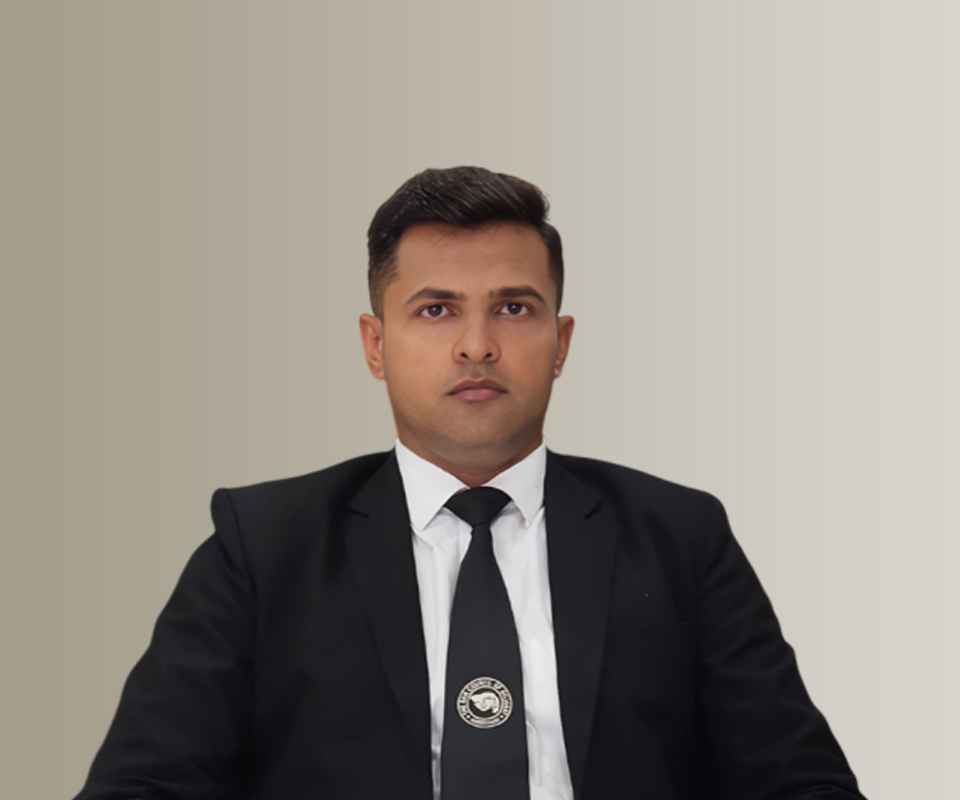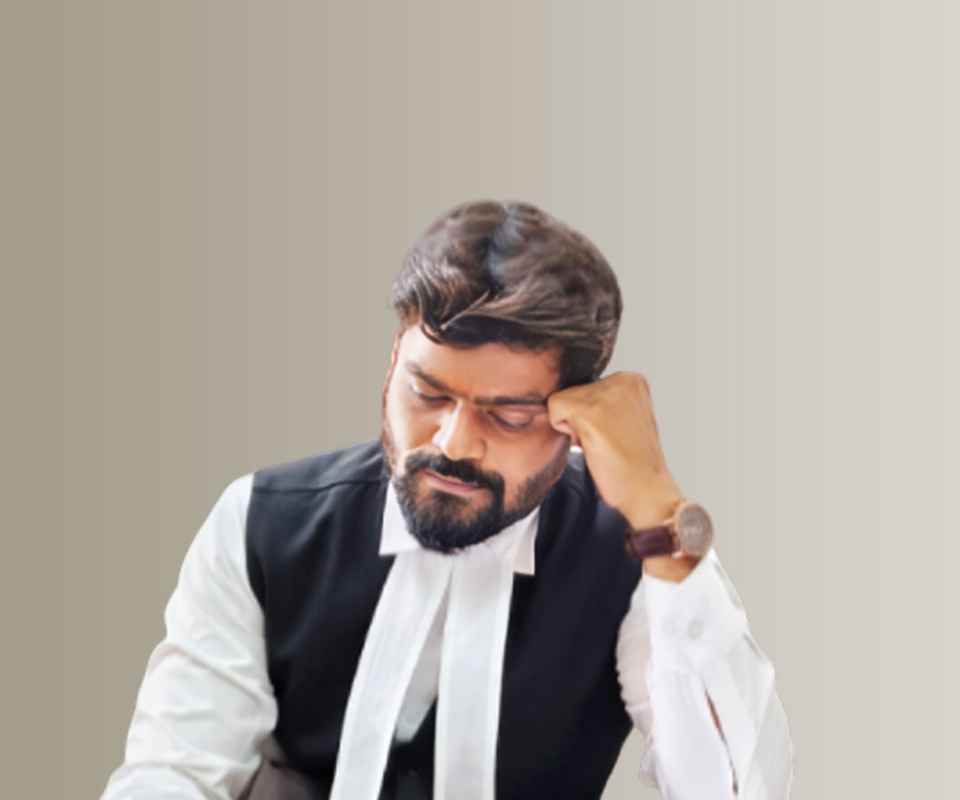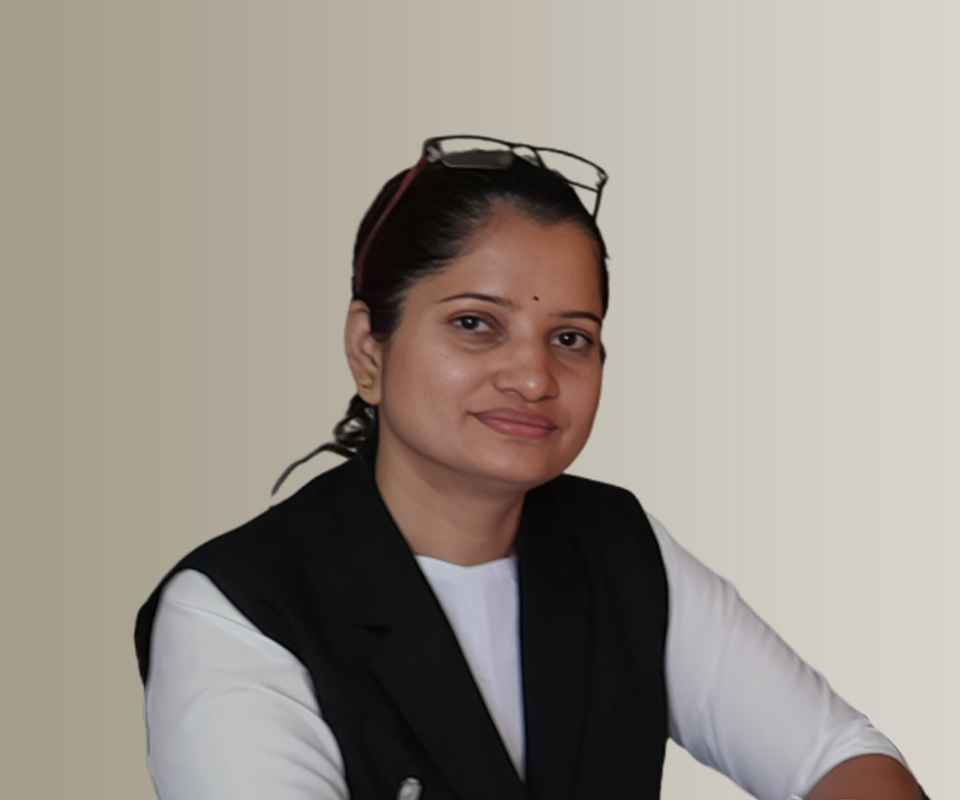Answer By law4u team
In cases of domestic violence, perpetrators can be individuals of any age, including the elderly. When elderly individuals are involved in domestic violence, either as perpetrators or victims, the law still provides mechanisms for protection and redress. However, there are specific considerations regarding the mental health, caregiving responsibilities, and criminal responsibility of elderly perpetrators that can affect how such cases are handled under Indian law, particularly under the Protection of Women from Domestic Violence Act (PWDVA) and the Indian Penal Code (IPC).
Treatment of Elderly Perpetrators Under Domestic Violence Laws:
General Legal Provisions for Domestic Violence:
Domestic violence laws in India, including the Protection of Women from Domestic Violence Act (PWDVA), do not differentiate between perpetrators based on age. Whether the abuser is young or elderly, the victim is entitled to legal remedies such as protection orders, monetary relief, and residence orders. The law is primarily concerned with protecting the victim’s safety, regardless of the perpetrator's age.
Criminal Responsibility:
Elderly perpetrators are still held criminally responsible for domestic violence under the Indian Penal Code (IPC), including offenses such as assault, harassment, and causing hurt. There is no blanket exemption for elderly individuals from criminal liability based solely on age.
- Section 498A of the IPC (which addresses cruelty to women by their husbands or relatives) applies to all perpetrators, including the elderly.
- In severe cases, Section 307 (attempt to murder) or Section 302 (murder) could be applied if the violence leads to significant harm or death.
Considerations for Mental Health or Age-related Factors:
While elderly perpetrators are held legally accountable, their mental health and age-related vulnerabilities can influence how cases are handled. If the elderly perpetrator has dementia, Alzheimer's, or other cognitive impairments, the court may consider these factors in determining their criminal liability and the appropriate legal response.
- Medical evaluations and expert testimony may be sought to assess the perpetrator's mental capacity and whether they are fully aware of their actions or capable of forming criminal intent.
- In cases where the perpetrator is physically frail or has serious health concerns, the court may take a more rehabilitative approach rather than imposing punitive measures. For instance, the court might order medical or psychiatric treatment for the perpetrator while still ensuring victim protection.
Family Law and Elder Care:
In some cases, elderly perpetrators may also be caregivers or dependent on family members for care. This dynamic can complicate cases of domestic violence, particularly when the victim may feel responsible for the well-being of the elderly abuser. The law does not allow the victim's responsibility for care to justify or excuse abuse. However, the perpetrator’s care needs or dependency might be a consideration in the court's approach to the case.
- The court can order caregiving arrangements or alternative caregiving solutions for elderly abusers to ensure they are treated with dignity while protecting the victim’s rights.
- The victim’s financial or emotional investment in caregiving may also be considered when determining remedies and appropriate relief.
Protection Orders:
Even when the perpetrator is elderly, the victim can seek protection orders under the PWDVA. These orders can:
- Prevent the elderly perpetrator from contacting or approaching the victim.
- Direct the perpetrator to leave the shared home if they have been abusive, ensuring the safety of the victim.
The elderly abuser is still subject to the court's orders aimed at protecting the victim's safety and well-being.
Relief and Rehabilitation for the Victim:
The law is primarily focused on victim protection, so even if the abuser is elderly, the victim can claim monetary relief, medical expenses, rehabilitation, and emotional support. This ensures that the victim's needs are met despite the age of the abuser.
The court may also order rehabilitation for both the victim and the perpetrator, especially if the elderly abuser requires mental health treatment or rehabilitation services.
Alternative Legal Considerations:
In some instances, if an elderly perpetrator is also a victim of abuse or is being abused by others in the family, the court may consider a more holistic approach, involving social services or elder care resources to address both the needs of the elderly abuser and the victim. If the elderly individual is being abused or neglected, appropriate protective measures may also be put in place.
Example:
Example: In a case where an elderly man, aged 75, is physically abusive towards his daughter-in-law, who is living with him due to family obligations, the daughter-in-law decides to seek protection under the Protection of Women from Domestic Violence Act (PWDVA). Despite his age, the elderly man is still subjected to legal action for his abusive behavior.
The court grants the daughter-in-law a protection order, prohibiting the elderly man from contacting her or approaching her. The court also takes into account that the elderly man has dementia, which may have contributed to his aggressive behavior. After medical evaluations, the court orders the man to undergo treatment for his mental health issues and places him in the care of a specialized caregiver, while ensuring the victim has access to financial relief and housing.
This example highlights that the legal system can protect victims of domestic violence regardless of the perpetrator's age, while also taking into account the specific circumstances surrounding elderly perpetrators, including their mental health and caregiving needs.
Conclusion:
Elderly perpetrators of domestic violence are treated under Indian law in much the same way as any other perpetrator, but with certain considerations due to their age and potential health issues. While they remain criminally responsible for their actions, the court may take a more rehabilitative approach if the perpetrator has cognitive impairments or other age-related health conditions. The Protection of Women from Domestic Violence Act (PWDVA) and other legal provisions ensure that victims, regardless of the abuser's age, are afforded protection, compensation, and safe living conditions. At the same time, the elderly perpetrator may be provided with care arrangements or rehabilitation, depending on the specifics of the case.







